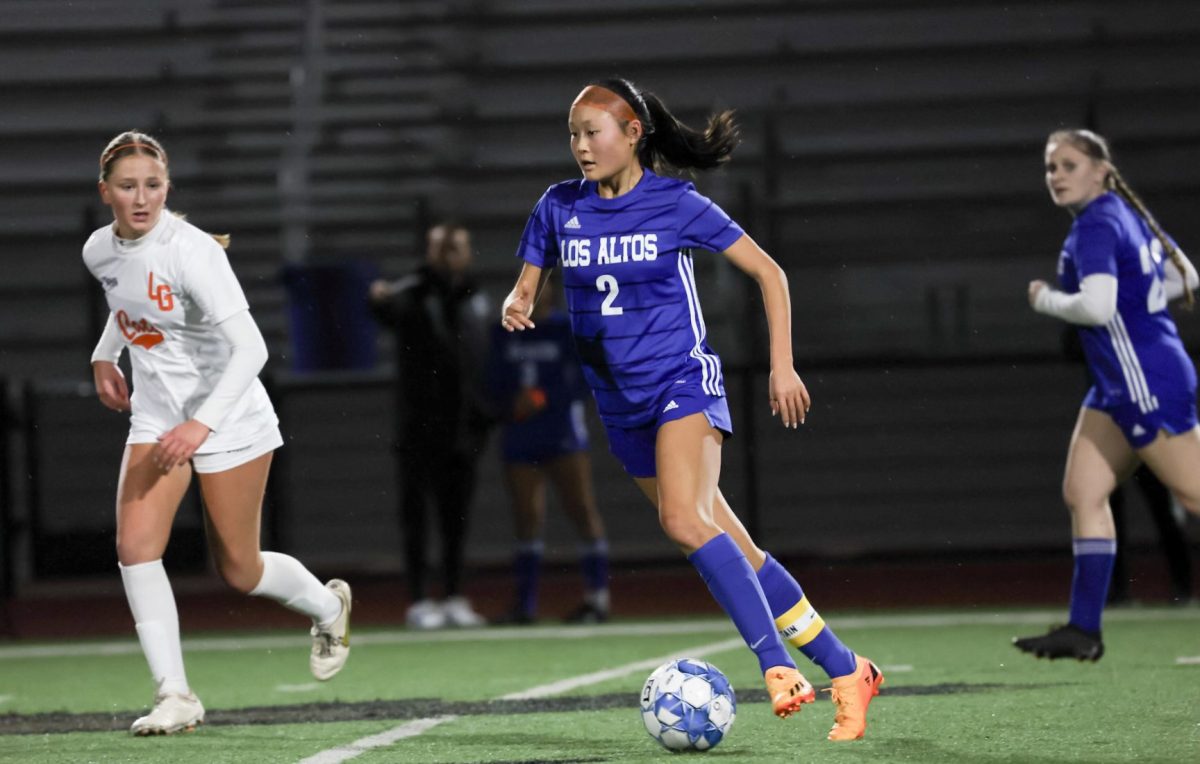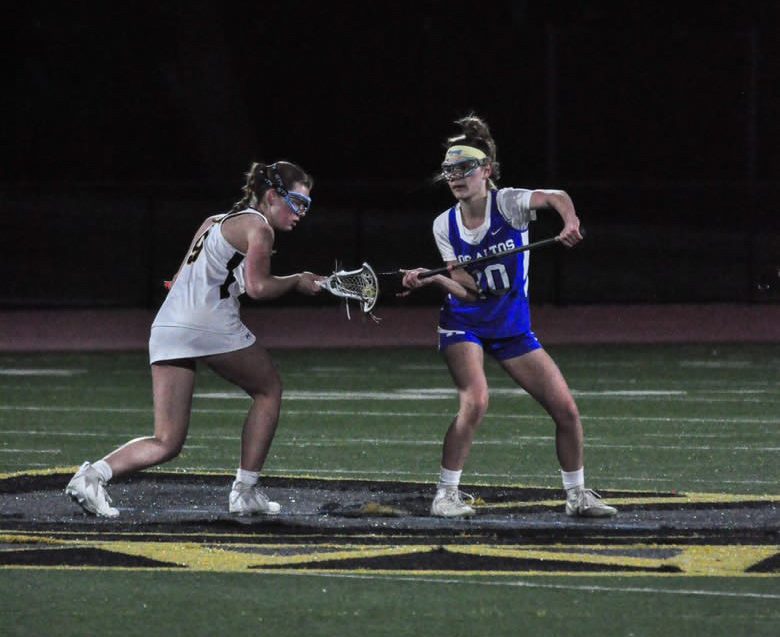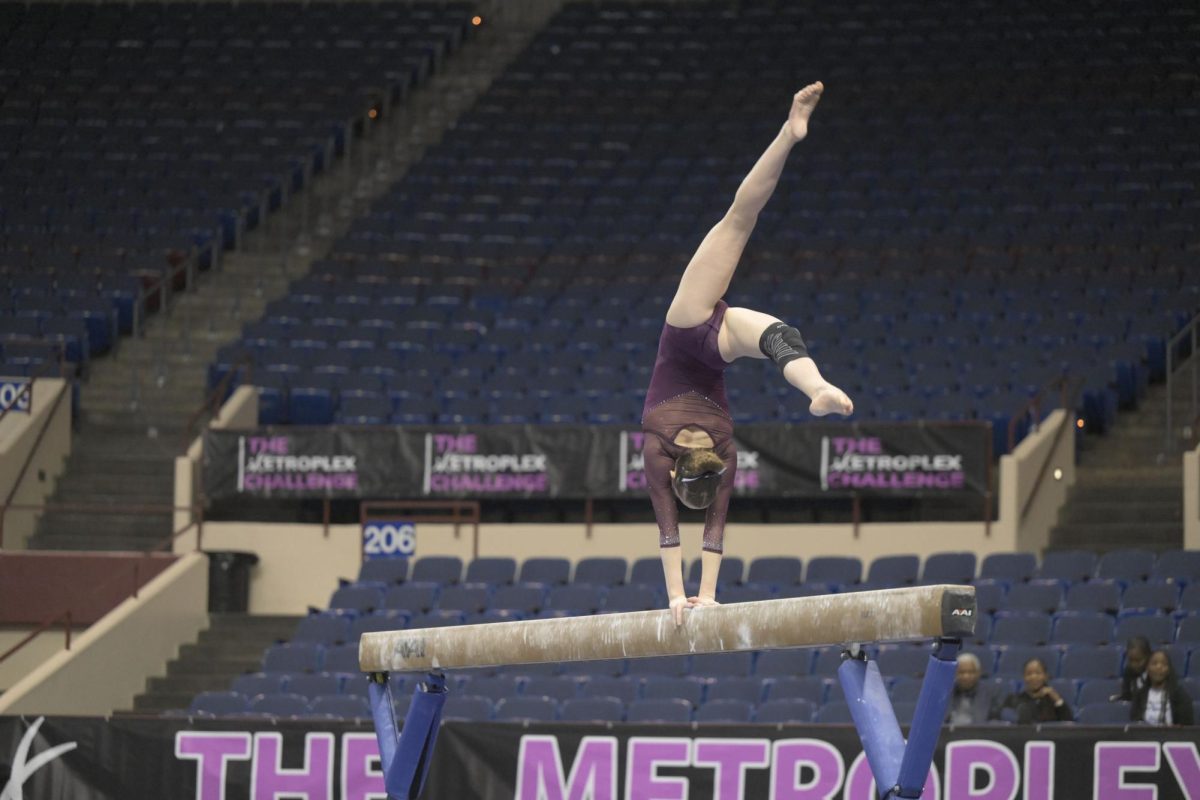The XXII Winter Olympic Games held in Sochi, Russia officially kicked off on Friday, February 7, with the Games’ Opening Ceremony. But beyond being the biggest stage for winter athletes, Sochi has had a stranglehold on media coverage for an entirely different set of reasons, which have ranged from fear of terrorist attacks to accusations of corruption to anti-gay legislation. Here’s The Talon’s breakdown of the biggest of the controversies surrounding Sochi.
Perhaps one of the most contentious social issues surrounding this year’s Winter Olympics is Russia’s recently publicized laws on homosexuality. On June 30, 2013, Russian president Vladimir Putin signed into law a ban on the “propaganda of nontraditional sexual relations to minors.”
While not directly outlawing homosexual acts, which are legal in the country, the new law restricts pro-LGBT speech and demonstrations. It diminishes the amount of publicity LGBT activists can have and criminalizes any “propaganda of homosexualism among minors.” Russia does not recognize same-sex marriage, and according to the All-Russian Center for the Study of Public Opinion, a majority of Russian residents support the new law banning “gay propaganda.”
The passage of the new law has incited international anger and frustration, prompting 27 Nobel Peace prize winners to collaborate on an “Open letter to President Putin” urging a repeal of the law. A wide spectrum of renowned figures ranging from Lady Gaga to President Barack Obama, have also criticized the legislation.
Protests in England and the United States called for their respective countries to boycott the Olympics, which were rejected by both English Prime Minister David Cameron and President Barack Obama.
President Obama, along with the First Lady and Vice President, has, however, decided to forgo attending the Games in favor of sending a hand-picked delegation to represent himself and the nation, making it the first time since 2000 that a top White House member will not be attending the Games. The importance of President Obama’s action rests in the delegation he chose to represent himself and his nation, which consists of several openly gay athletes. This delegation includes tennis legend Billie Jean King, hockey player Caitlin Cahow and Olympic figure skater Brian Boitano, who came out publicly after being named a part of the delegation. These athletes clearly contrast Putin’s controversial, anti-LGBT laws. While this decision officially received justification as a hallmark of American diversity, it’s clear that it is intended to compete with current Russian policy. Furthermore, Putin responded by emphasizing Russian law banning “gay propaganda.” Obama’s delegation may not openly violate those rules, but the provocation certainly exists.
Generally, Olympic athletes and spectators are expected to follow the hosting countries’ laws and regulations. At the same time, the Games cannot be conducted in a way that violates the Olympic Charter. Principle 6 of the charter states that “Any form of discrimination with regard to a country or a person on grounds of race, religion, politics, gender or otherwise is incompatible with belonging to the Olympic Movement.”
Despite international concern, Putin maintains that discrimination will not be a problem at the Games. Pro-LGBT rights demonstrations will be allowed in designated areas.
“The Olympic Games will be held in full compliance with the Olympic Charter, without any discrimination on any basis. Russia will be rooting for its own athletes of course, but we wish success to all the athletes,” Putin said in an article published by “The World Post.” He has assured U.S. officials and journalists that pro-LGBT protests at the Games would not be criminalized, so long as it did not qualify as “propaganda”.
Though publicly against the law, Jean King hopes that the best can be made out of a bad situation for LGBT athletes.
“For me, personally, if I were still young enough to be going to the Olympics to perform, this would give me such high incentive,” King said to ABC News. “I’d be crazed. I’d be like, ‘Let’s go.’”
Story continues below advertisement








